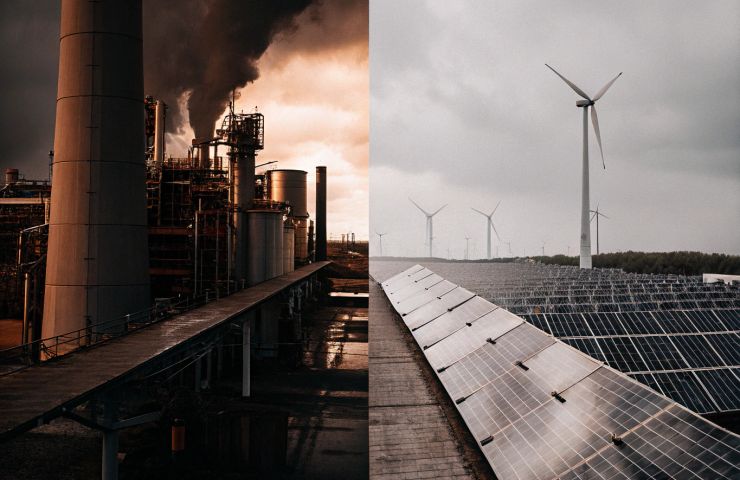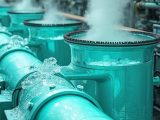
Air Products Retreats from U.S. Clean Hydrogen Projects with $3.1B Write-Down
July 21, 2025Air Products is pulling the plug on three of its biggest U.S. projects in clean hydrogen and sustainable aviation fuel, taking a hit of $3.1 billion in the process. The announcement, made in July 2025, comes on the heels of a major leadership shakeup — with longtime CEO Seifi Ghasemi stepping down and new CEO Eduardo Menezes taking the reins. Menezes is steering the company back toward familiar territory: its traditional, low-risk industrial gases business built on steady, long-term contracts.
A Strategic Shift Back to Its Roots
Under Ghasemi’s leadership, Air Products leaned heavily into green hydrogen and sustainable energy ventures — bold moves aimed at driving industrial decarbonization. But those bets didn’t quite pay off as expected. The financial strain from these ambitious efforts triggered a strategic reset. Now, with Menezes at the helm, the focus is clearly shifting back to what the company knows best: stable returns over headline-grabbing innovation.
What This Means for U.S. Hydrogen Momentum
The fallout from the decision will ripple through the hydrogen production landscape in the United States. Some industry insiders worry this could be a setback for national sustainable energy goals, particularly when it comes to cleaner fuels for heavy transport and aviation. Still, the broader sector doesn’t appear to be slowing down.
Plenty of other players are still charging ahead. Companies like Plug Power and Invenergy, along with decentralized innovators such as Independence Hydrogen, remain on track with their own projects, many of which are expected to go live by the end of 2025. That continued momentum suggests that while Air Products’ exit makes waves, it’s far from a deal-breaker for the U.S. green hydrogen push.
Looking Ahead
As the industry pivots and key players recalibrate, this moment may end up being more of a realignment than a retreat. Despite the setback, the drive to scale up electrolysis, lower costs of hydrogen production, and advance sustainable energy tech isn’t going away — it’s just taking a different route.



 With over 15 years of reporting hydrogen news, we are your premier source for the latest updates and insights in hydrogen and renewable energy.
With over 15 years of reporting hydrogen news, we are your premier source for the latest updates and insights in hydrogen and renewable energy.